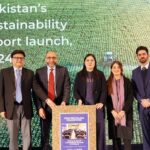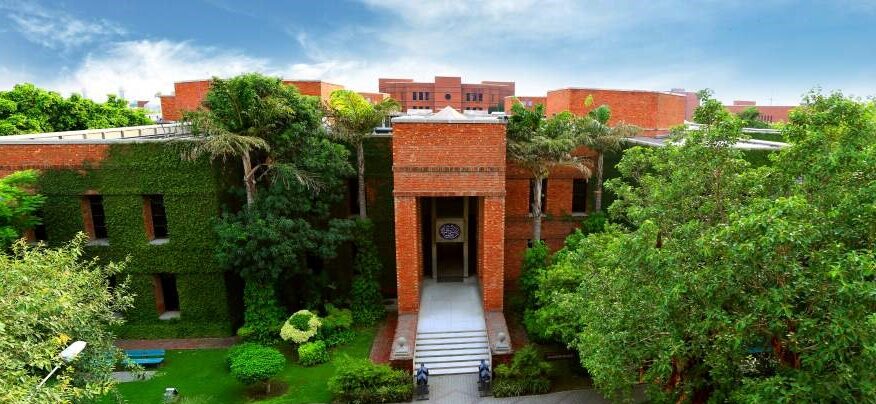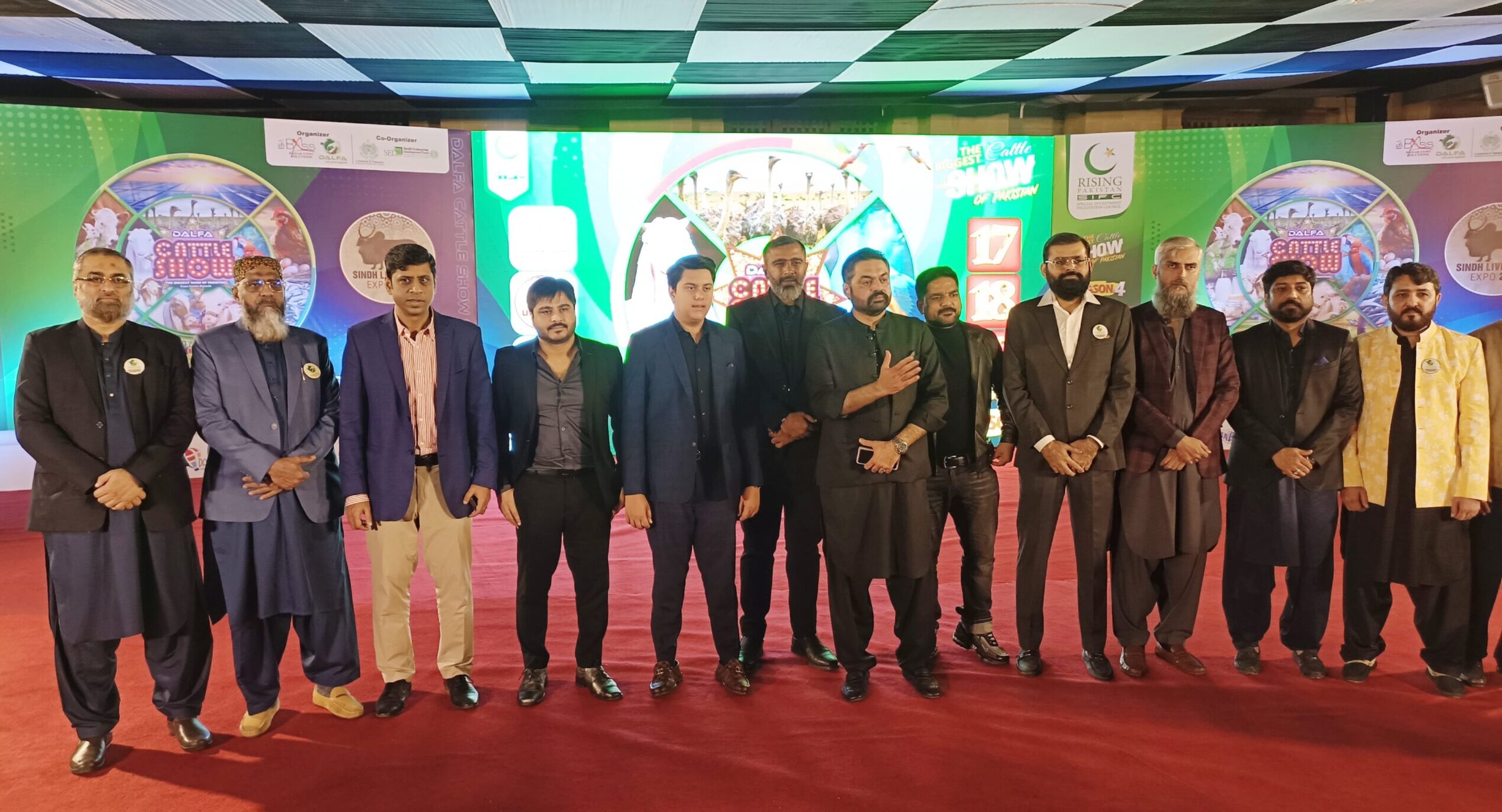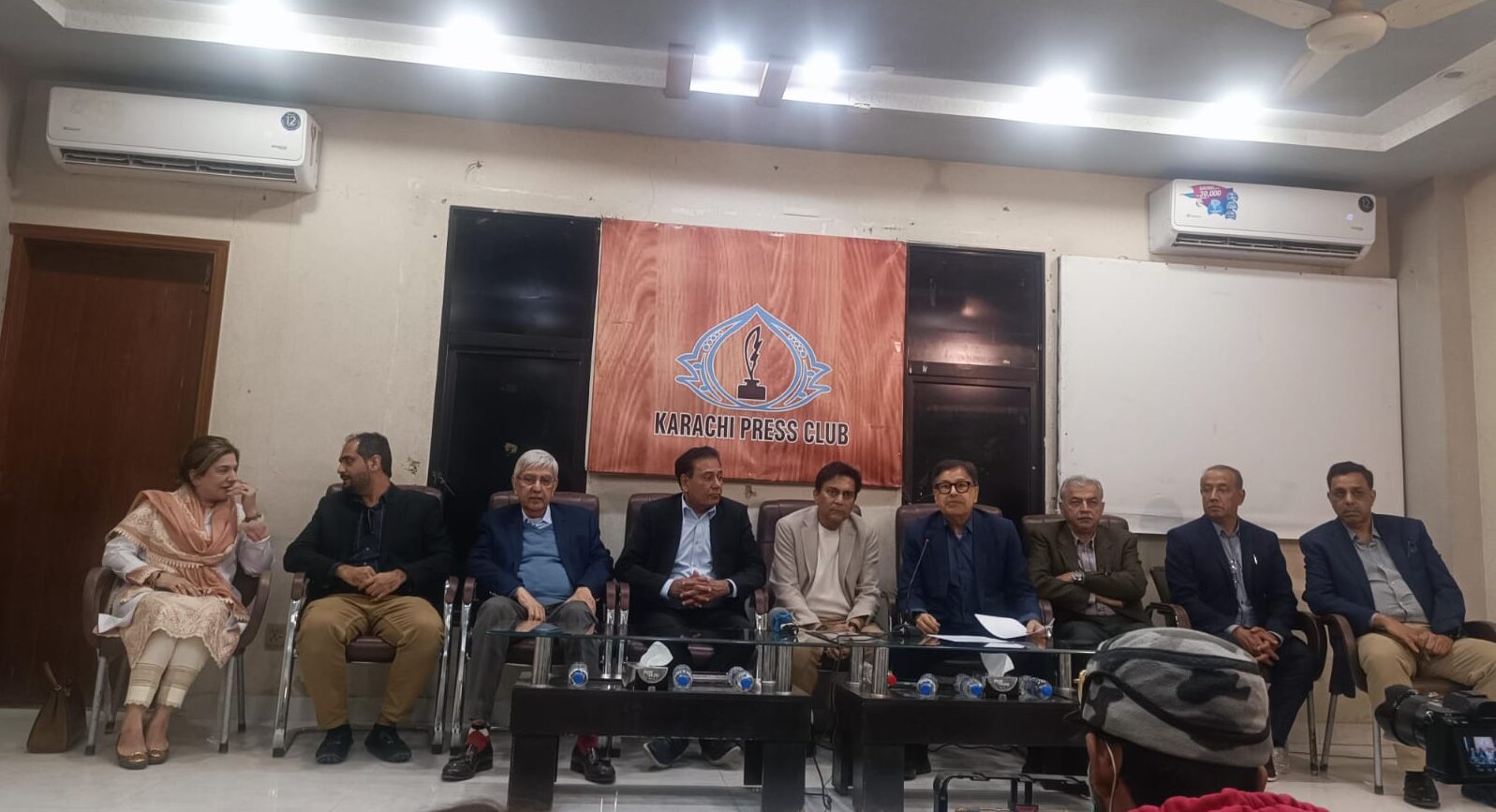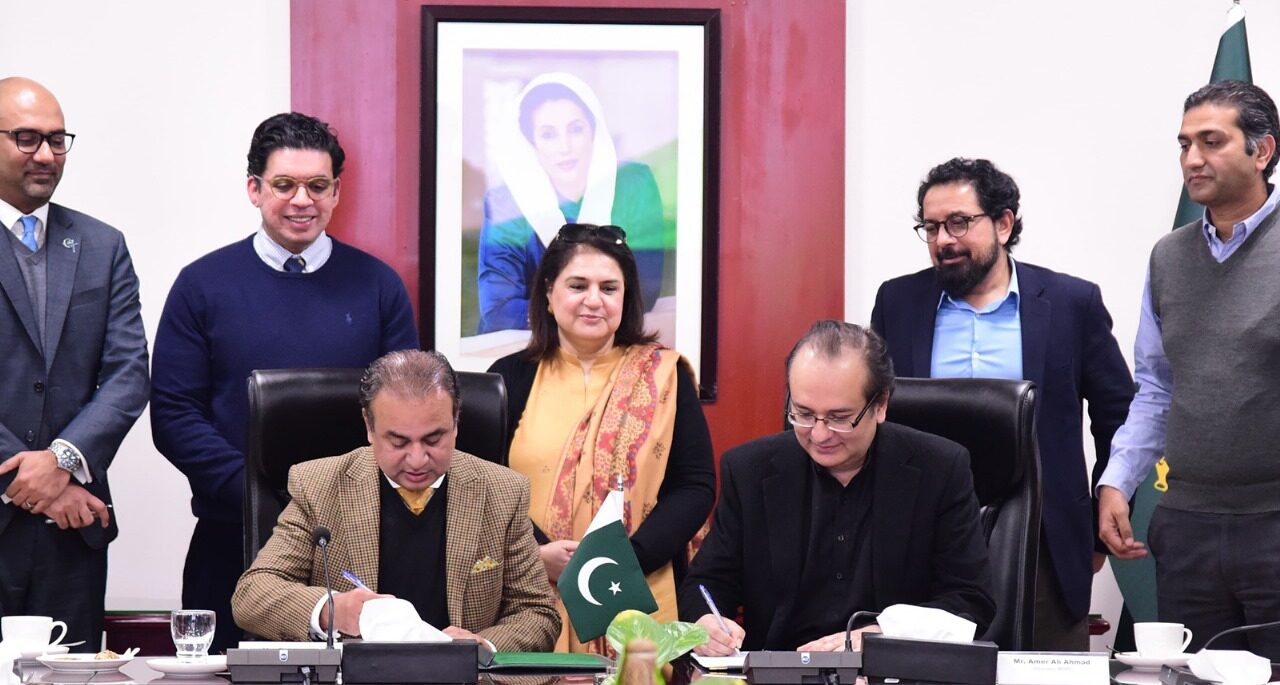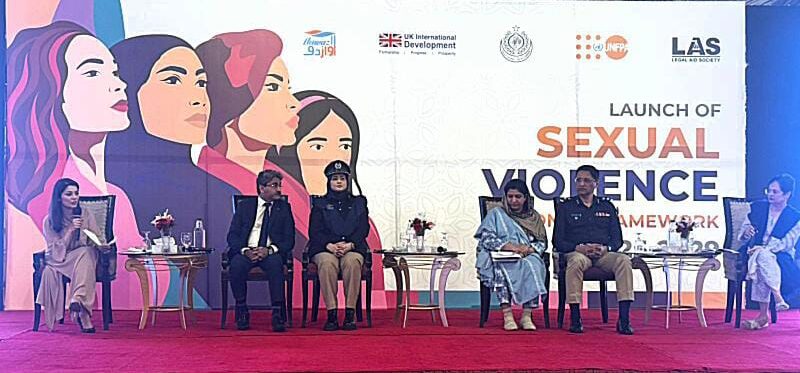LAHORE, December 19, 2024: The third annual Pathways to Development Conference held at the Lahore University of Management Sciences (LUMS) from December 16-18 brought together some of the brightest minds from Pakistan and the global diaspora to explore critical issues surrounding governance, inclusion, and their role in building equitable and resilient societies. With a focus on themes such as climate justice, poverty alleviation, digital innovation, and gender equality, the conference sought to address some of the most pressing challenges of our time.
The event was jointly organized by prominent institutions including the Chaudhry Nazar Muhammad Department of Economics and Mahbub Ul Haq Research Centre (MHRC) at LUMS, Centre for Economic Research in Pakistan (CERP), Institute of Development & Economic Alternatives (IDEAS), Institute of Development Studies at the University of Sussex (IDS), Consortium for Development Policy Research (CDPR), and the International Growth Centre (IGC). Over the course of 20 engaging sessions, the conference showcased innovative research, thought leadership, and practical solutions on key developmental issues.
Mr. Maroof A. Syed, President and CEO of CERP, opened the event by underscoring the need for governance to be reimagined as a dynamic and participatory process. He stressed that progress in governance requires active citizen involvement and a rethinking of conventional systems. His words set the tone for the conference, highlighting the importance of inclusive, responsive governance structures for sustainable development.
One of the most powerful moments of the conference came from Justice Mansoor Ali Shah of the Supreme Court of Pakistan, who made an impassioned plea for recognizing climate finance as a fundamental human right. He pointed out that climate justice is intricately linked with the climate debt owed by the global north and called for urgent action to address the disproportionate impacts of climate change on vulnerable nations like Pakistan.
The conference featured two keynotes from renowned scholars. Dr. Lant Pritchett of the London School of Economics cautioned against using a low-bar poverty line as a measure of progress. He emphasized the importance of strengthening state capabilities to ensure sustainable development. Dr. Mazhar Waseem from the University of Manchester explored the “filing obsession puzzle” in Pakistan, where more tax filers have not necessarily led to increased revenue generation. He proposed targeted enforcement strategies and improved tax compliance systems as a solution to Pakistan’s fiscal challenges.
The conference also covered a wide range of topics, including land rights, debt restructuring, health governance, and crisis response. Speakers like Dr. Ali Cheema from LUMS, Dr. Murtaza Syed from the Asian Infrastructure Investment Bank, and Ms. Fauzia Viqar, Federal Ombudsperson for Protection Against Harassment of Women, discussed the ways in which research and policy can tackle these systemic issues.
Additionally, the discussions touched on electoral dynamics, gender development, and social change, reinforcing the idea that sustainable development cannot be achieved without addressing the root causes of inequality and exclusion. The insights shared during the conference provided valuable recommendations for fostering a more inclusive, just, and resilient Pakistan.
In conclusion, the Pathways to Development Conference at LUMS not only showcased groundbreaking research but also fostered meaningful dialogue on some of the most urgent issues facing Pakistan and the world today. It underscored the importance of governance and inclusion in creating pathways toward a sustainable future.





















































































































































































































































































